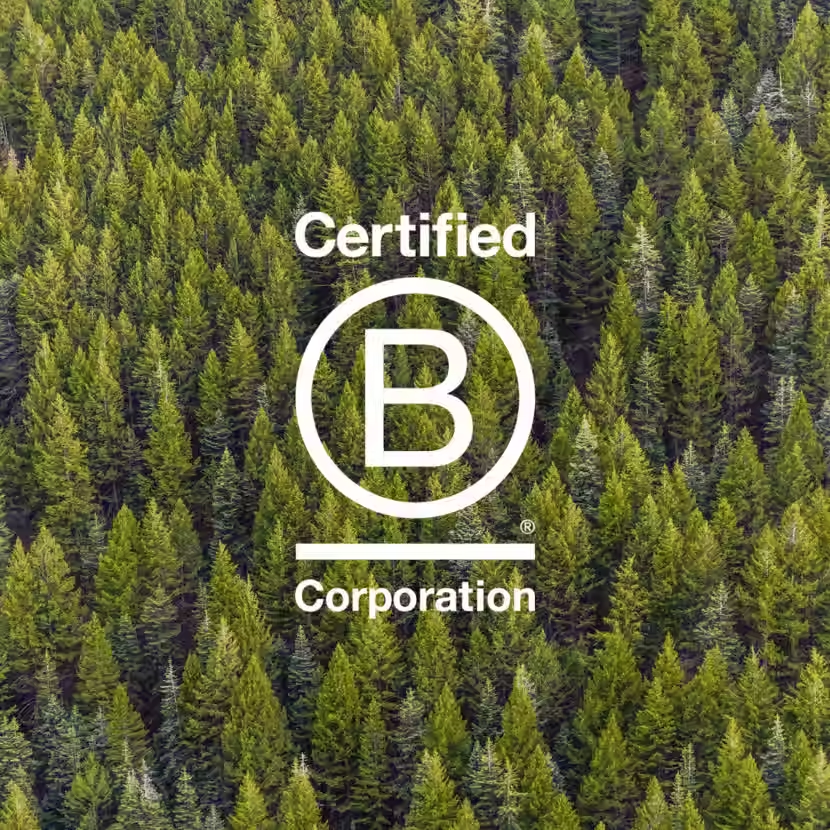Contributing to Environmental, Social and Economic Sustainability Through Live Events
- christiannebeck
- Jul 9, 2024
- 3 min read
Updated: Mar 18, 2025

Sustainability. It's a word that encompasses more than just environmental preservation, it embodies the interconnectedness of environmental, social and economic aspects.
When we talk about sustainability and building a sustainable future, we're talking about addressing the triple bottom line - people, planet and profit. This holistic approach can be applied to a single event, or an entire organisation and is crucial for creating a world that thrives in harmony with nature, fosters social equity and ensures economic prosperity for all over the long-term.
The basics of Environmental, Social and Economic Sustainability
Environmental sustainability
Environmental sustainability is about living within the means of our planet’s natural resources and consuming at a rate that allows for healthy recovery.
To achieve environmental sustainability requires a fundamental shift in how we interact with the environment, acknowledging that our decisions have consequences for the health of the planet and future generations.
From renewable energy adoption to sustainable travel practices, every action geared towards environmental sustainability contributes to safeguarding the planet for generations to come.
Social sustainability
Social sustainability is the foundation of a just and equitable society. It looks beyond short-term gains, focusing on ensuring social well-being for the long-term.
At its core, social sustainability embraces diversity and inclusion, advocates for human rights, and promotes equal opportunity for all members of society. Whether it's fostering inclusive workplaces, supporting marginalised communities, or promoting education, social sustainability strives to create a society where every individual can thrive.
Economic sustainability
Economic sustainability is about ensuring long-term economic growth without exploiting people, communities or the planet. In this model, profit isn't the sole driving force behind decision-making, instead, it's considered in tandem with its impacts on people and the planet.
By prioritising ethical business practices, fair labour standards and responsible resource management, economic sustainability paves the way for a thriving economy that benefits all stakeholders.
Why Take a People, Planet, Profit Approach?
The triple bottom line model recognises that businesses and industries have a responsibility to balance profitability with social and environmental considerations.
While this approach is not yet the norm, it's gaining momentum as companies recognise the importance of sustainability in securing long-term success. For instance, all B Corp certified businesses operate under the people, planet, profit model, demonstrating a commitment to sustainable practices that benefit society and the environment.
Applying People, Planet, Profit in Events
What does the triple bottom line look like when projected on to live events and how can an event achieve environmental, social and economic sustainability?
Environmental Sustainability in Events
Events tend to have significant environmental footprints created by energy consumption and travel related fuel consumption, to waste generation. Practising environmental sustainability means minimising these impacts by considering and adopting better practices, for example:
Travel: Usually responsible for the majority of an event’s carbon emissions, there are many ways to reduce travel related impact, from choosing a local location to the majority of your attendees and a venue that is well serviced by public transport, to offering shuttle services.
Energy efficiency: Opt for 100% certified green energy, adopt energy-efficient lighting and equipment to reduce energy consumption during events.
Waste Reduction: Beyond implementing basic waste minimisation strategies such as composting, recycling and 0 single-use plastics, look to apply the reduce, reuse, recycle model, considering and purchase only what’s truly necessary, reusing or donating what’s no longer needed after the event and diverting as little as possible to recycling and waste.
Sustainable Procurement: Prioritise eco-friendly alternatives to outdated materials, choose catering options to reduce the environmental footprint of event supplies.
Social Sustainability in Events
Events play a crucial role in fostering social connections and inclusivity. Social sustainability in the events industry involves creating spaces that are accessible, inclusive, and supportive of diverse communities.
Diversity and Inclusion: Consider representation and inclusion in event programming, speakers, and staff to create a welcoming and inclusive environment for all attendees.
Accessibility: Prioritise accessibility measures and sensory-friendly spaces to accommodate attendees with disabilities.
Community Engagement: Engage with communities local to the event location, engage with small and independent businesses nearby and involve community stakeholders in event planning to build positive relationships and leave a meaningful lasting impact.
Economic Sustainability in Events
Events are well placed to drive economic growth and create opportunities for local businesses and communities. Economic sustainability in the events industry involves maximising positive economic impacts without exploiting people, communities or the environment.
Local Procurement: Support local businesses and suppliers by sourcing products and services locally, contributing to the local economy and reducing transportation emissions.
Fair Wages and Working Conditions: Ensure fair wages, benefits and working conditions for event staff, contractors and vendors to promote economic equity and social justice.
Legacy Planning: Consider the long-term economic impacts of events by investing in legacy projects that benefit the local community, such as infrastructure improvements, education programs, or environmental conservation initiatives.
Achieving true environmental, social and economic sustainability requires collaboration and a concerted effort from across the supply chain to prioritise the well-being of people, planet and profit. Together it’s possible to pave the way for a more sustainable and prosperous future for all.




Comments